How Easy Is Easy – Running Paces Explained
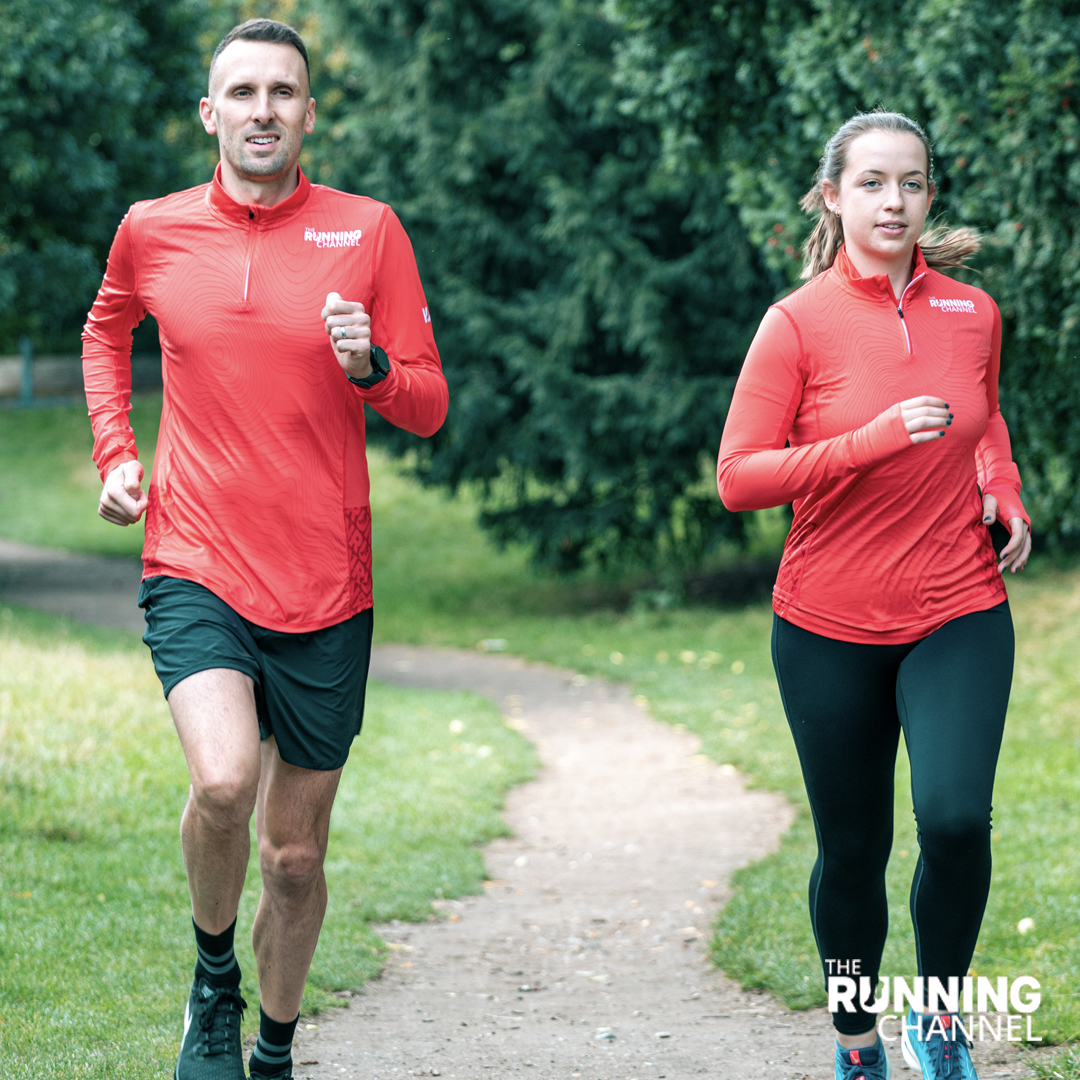
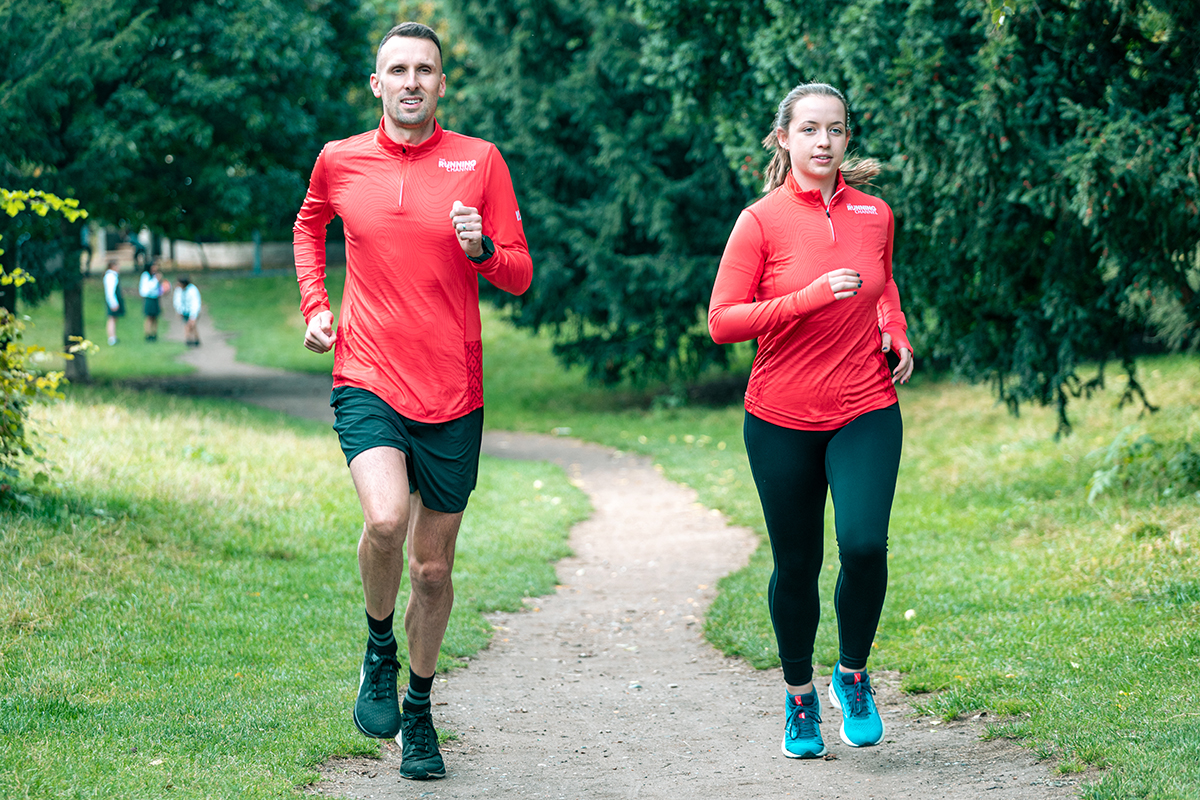
In this article, we’ll be looking at the difference in running paces, what they mean and where they fit into your training. It should also be noted that because it’s all relative to the runner, a ‘steady’ run for some might be a similar pace to someone at the back of the pack on your Parkrun. When you’re considering standards of pacing, everyone should work to their own physical limits.
How slow is slow?
Paces are personal and will look really different depending on who you are. We’ll start off by defining the different pace types for you, how they fit into your training and how they should feel. Let’s start off with the basics. Your training plan, coach, or watch tells you to do thirty minutes slow, easy or ‘recovery’. But how slow is slow? Well, that’s a bit of a trick question, because an ‘easy’ run is relative to each person’s normal running speed, but to make sure it’s easy enough, you should be able to maintain a full conversation, so we’re talking about an effort of 3 to 4 or at a push 5 out of 10.
We regularly reference this in our videos, but going slow is just as important as your fast runs. Recovery runs are slow, less-intense runs that aren’t going to get you a PB, but will help keep things ticking over between your more difficult sessions. It’s important to listen to your body and not push it – you need these runs to help you adapt to the harder training.

Steady or Endurance Runs
The next rung up the pace ladder is steady runs, which are sometimes referred to as endurance runs. For those of you who’ve been grinding away at your training plans, that’ll be a term that you’ve come across quite a lot.
Steady runs are those that sit at just below your marathon pace – depending on who you ask, you should be aiming for anywhere between ten seconds faster and twenty seconds slower than your marathon pace when going out on a steady run.
As is the case with a lot of these run types, the exact pace that you run at depends on you, and can even vary day by day. You should be aiming to exert yourself at around a 5 or 6 out of 10 effort for most steady runs, but you’ll have the occasional day where that same level of exertion doesn’t allow you to hit that target pace. Again, there’s nothing wrong with this – it’s really important to listen to your body, and there’s every chance that you won’t feel on-form for every single run. You’re definitely not alone in this.

Tempo Runs
Next up, its tempo runs. Tempo and threshold are commonly confused with each other and are also often used to mean the same thing. We’re going to separate them out, with the distinction that whilst they’re both faster than easy or steady runs, tempo can be maintained for longer as you’re not as close to your anaerobic threshold, which is where you’re no longer able to work entirely aerobically and start to produce increasing levels of lactate in your blood.
Tempo runs are sustained efforts that last from anywhere from thirty minutes to an hour. Not only are they good for building up physical resilience, but they help with building mental strength too; if you’re training for a longer race like a half-marathon or marathon, these can help give you mental resilience for the latter stages of long runs.
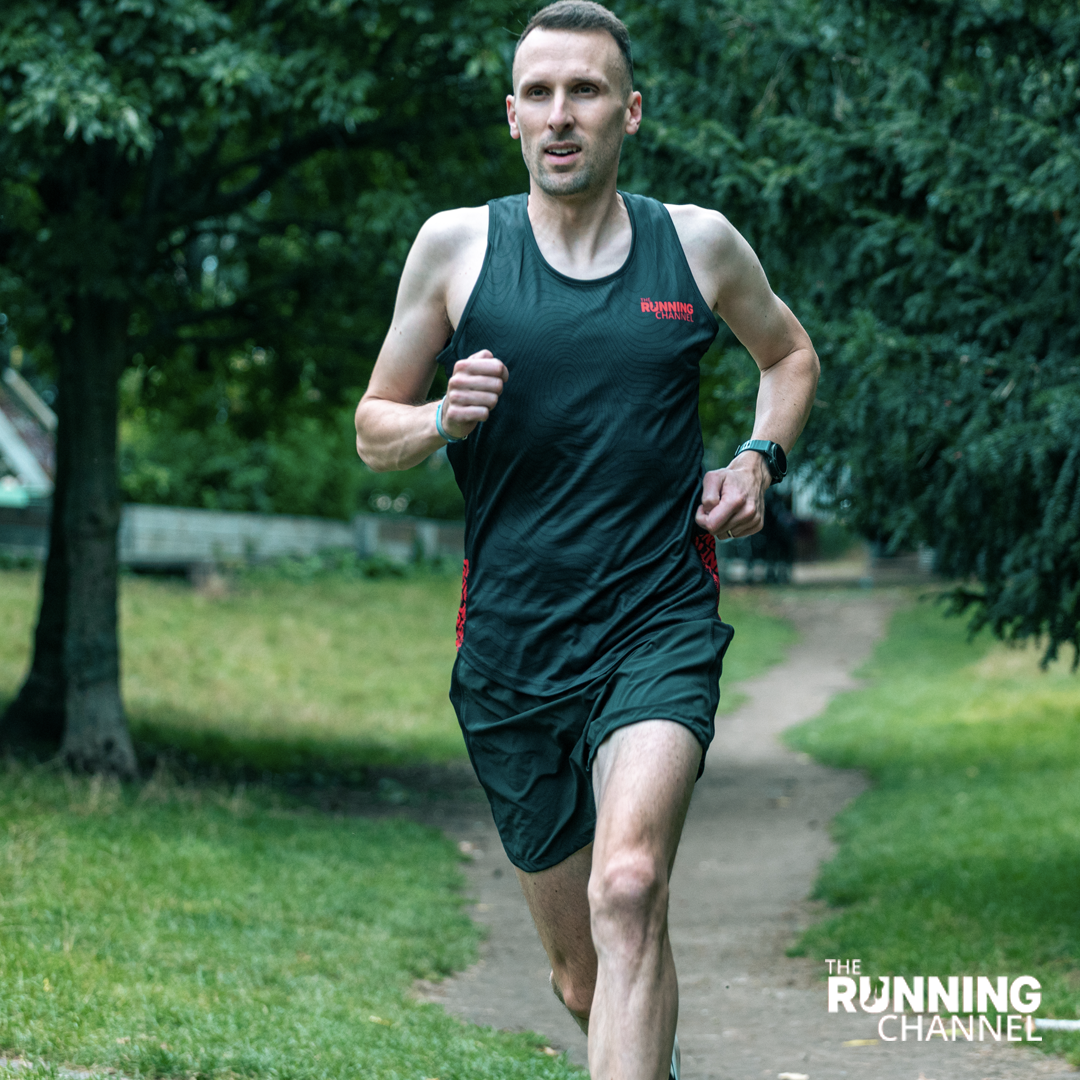
Threshold Pace
Moving on to threshold pace – this zone is a bit more scientific, but is clearly defined.
A threshold pace is one where you’re running at a pace just below the point where if you pushed a fraction harder, lactate would start to build up significantly in your body during the run. With experience, you can FEEL this pace, either in your breathing or when you feel the heaviness of the lactate in your legs if you’re going too fast. You should be able to run at least twenty to thirty minutes and find it challenging yet manageable. This should be a 7 or possibly 8 out of 10 effort.
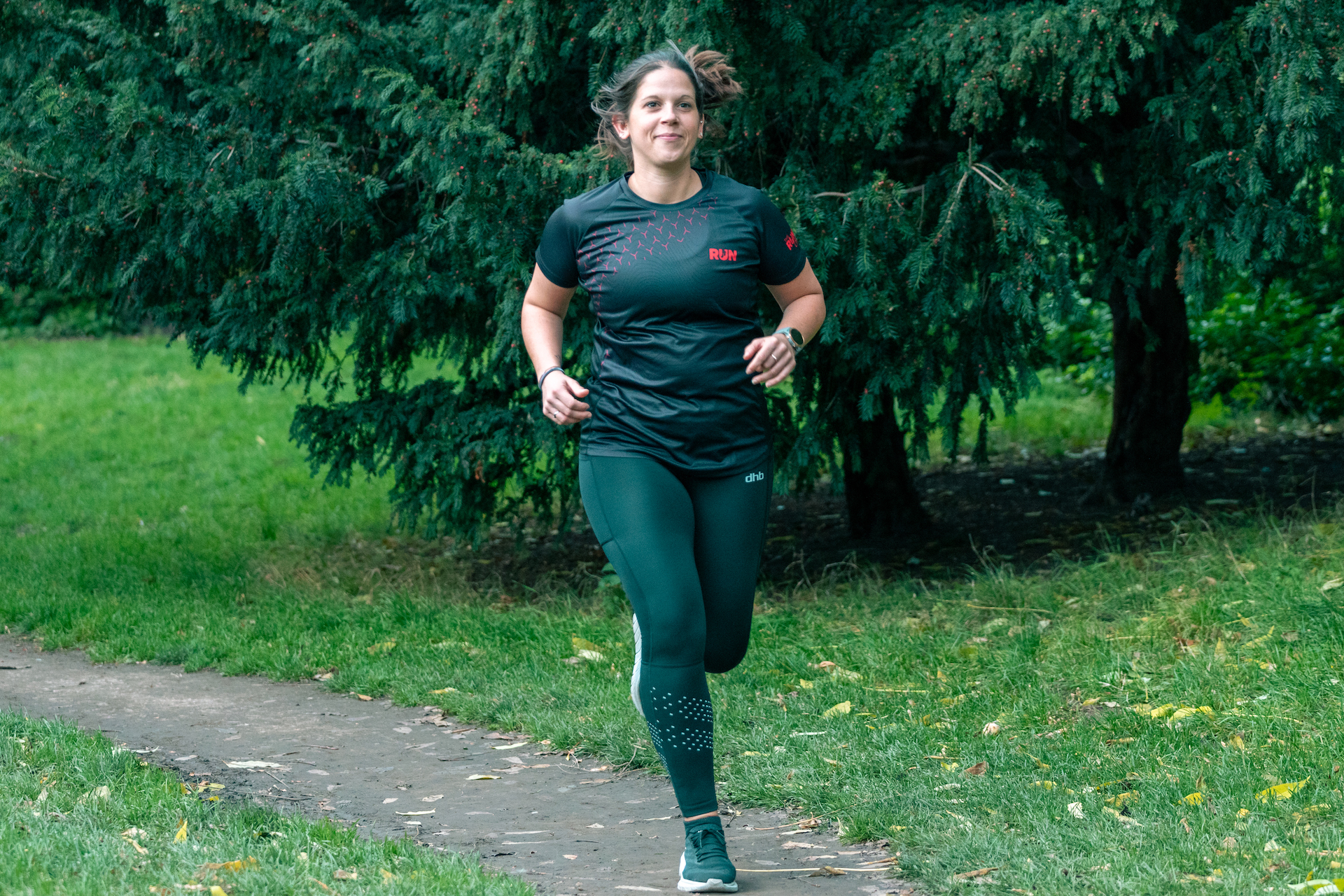
Anaerobic / Interval training
On to the hardest one, now – interval training. Once you’re running faster than your half marathon pace, then you’re running at an intensity that will involve some degree of anaerobic energy production. This might be a race, for example, a 5 or 10k, or it could be shorter efforts as part of an interval session.
You’ll likely want to space these efforts out in your training plan – you definitely shouldn’t be doing hard efforts like this on back-to-back days if you can help it. We’re talking about running at 9 or 10 out of 10 efforts.
Interested in seeing how Andy and Sarah got on testing these paces on a treadmill? Watch the full episode of running paces below.


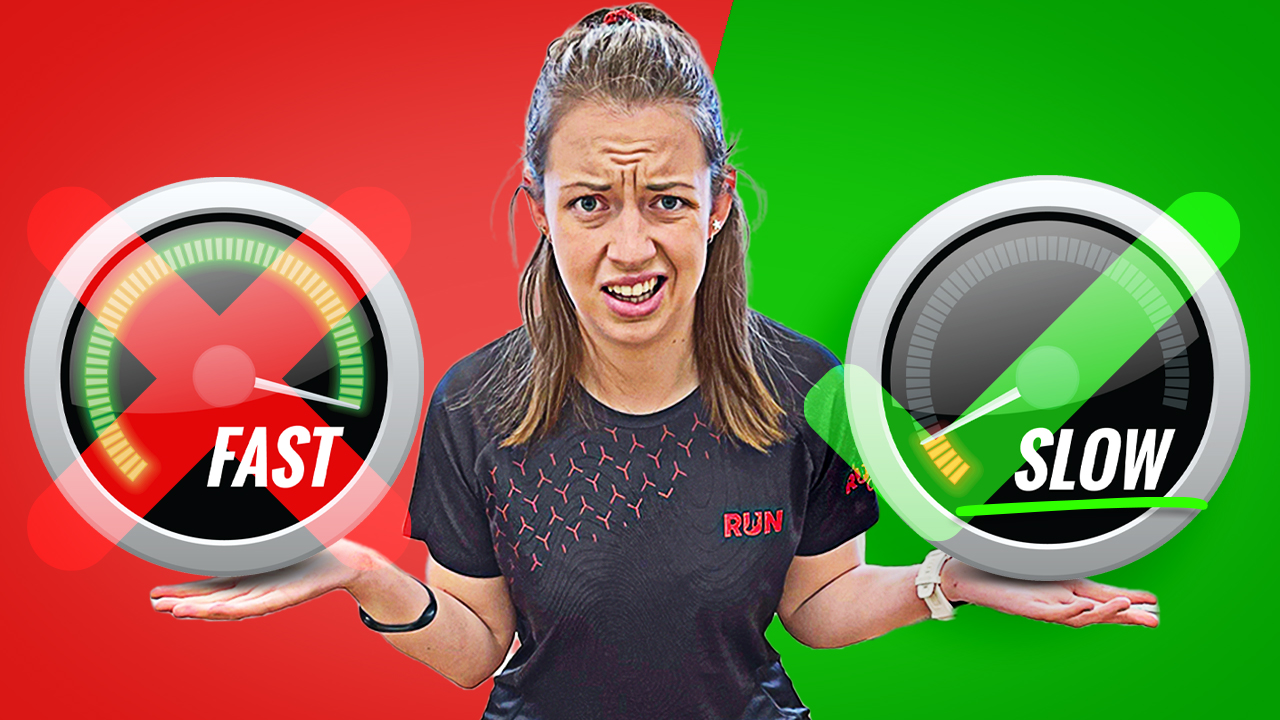









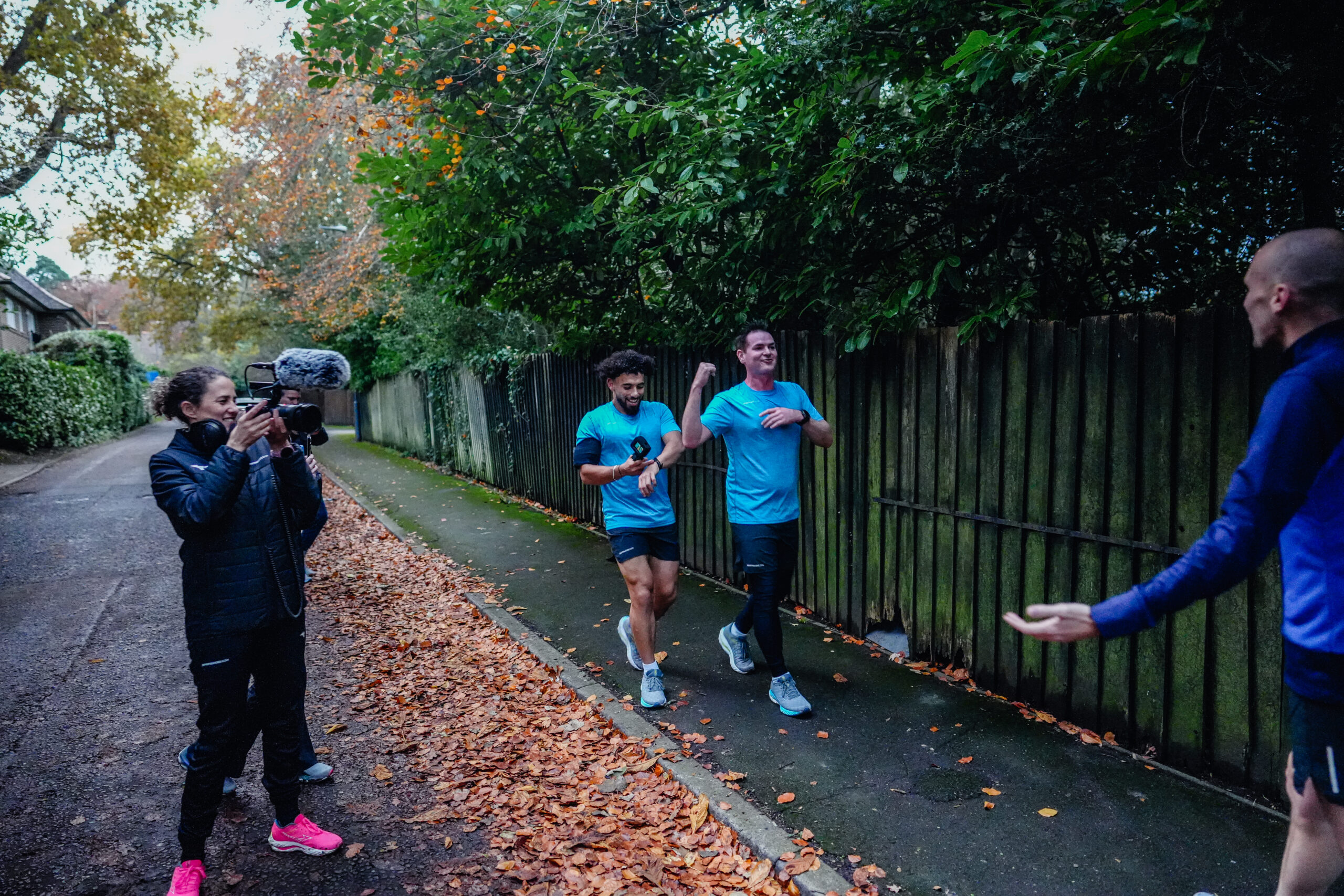


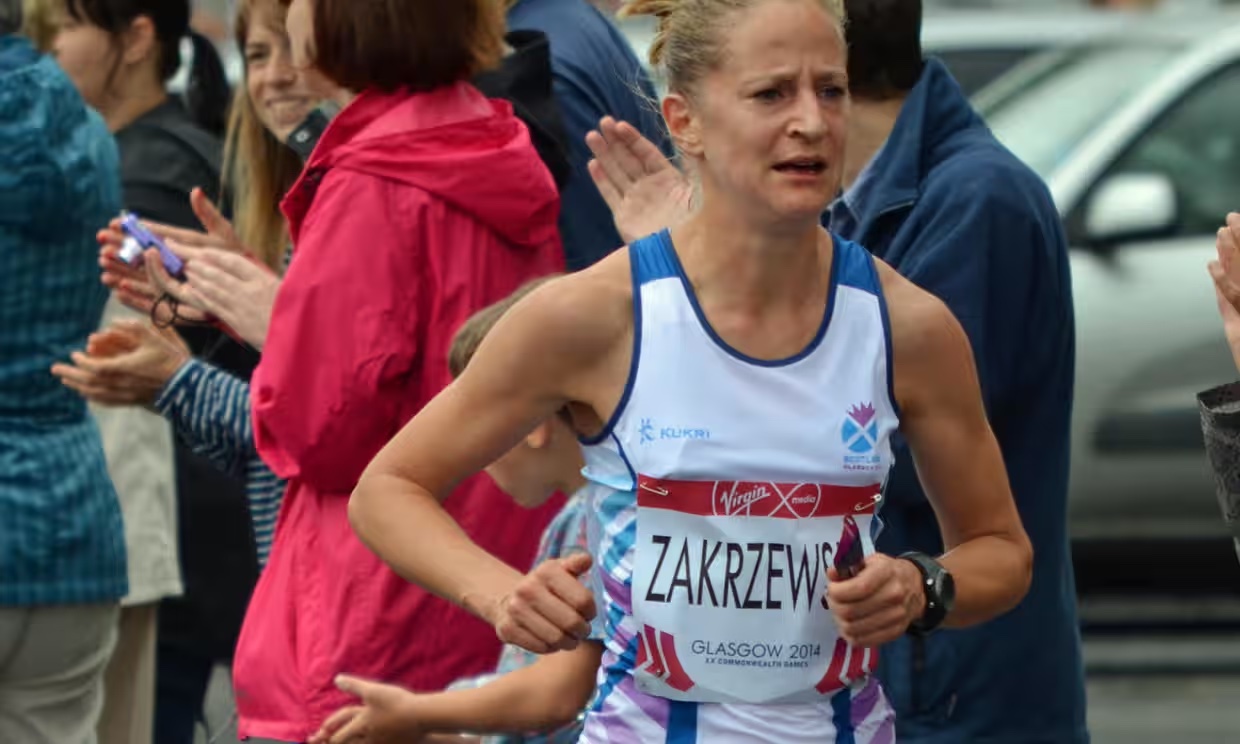

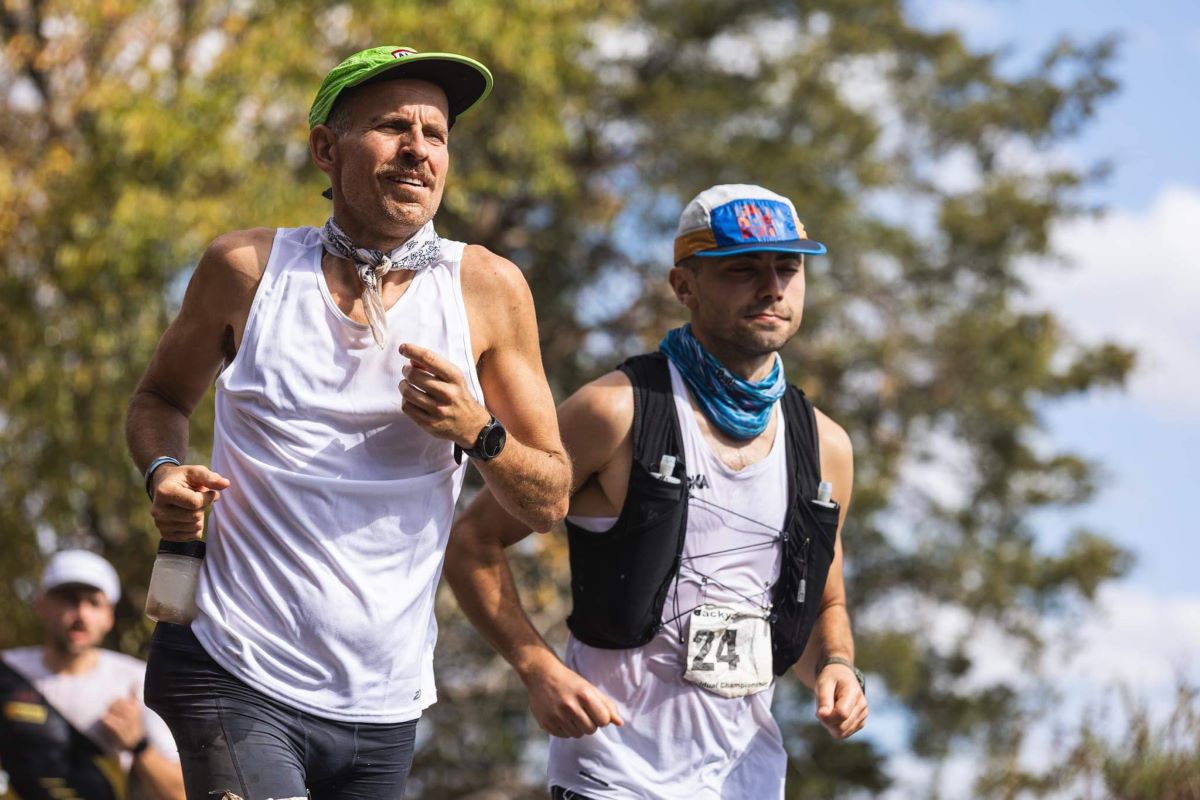

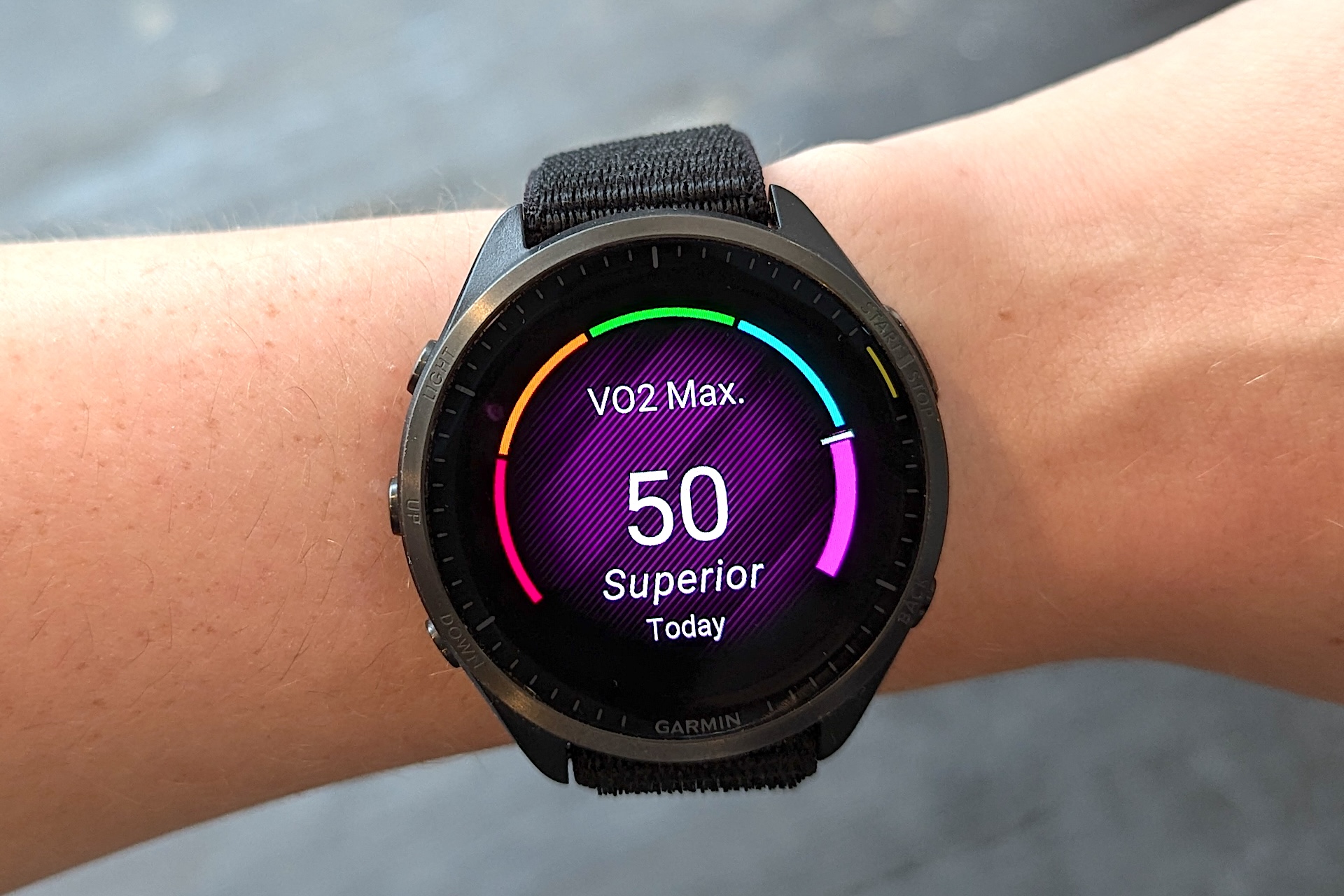

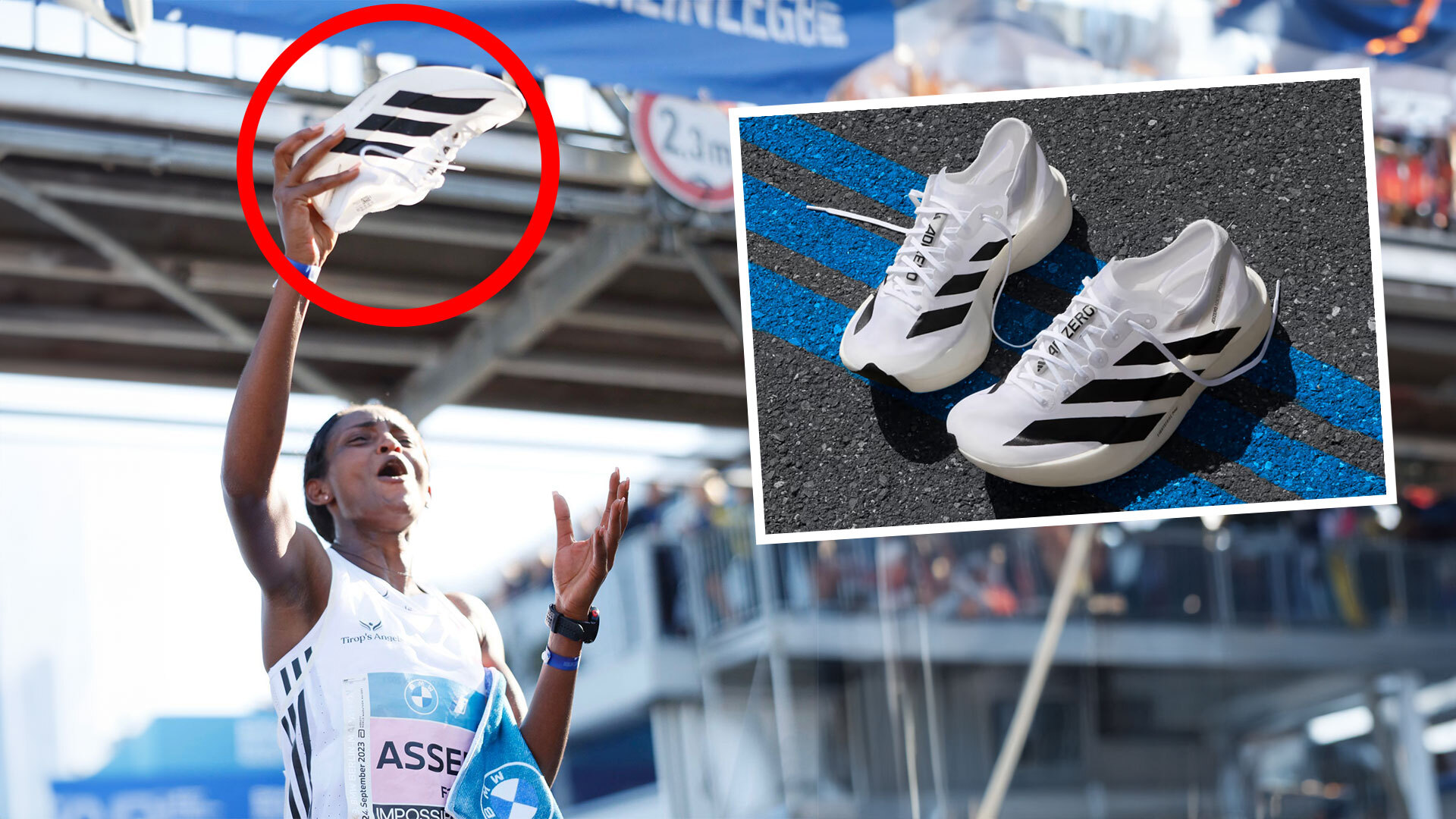



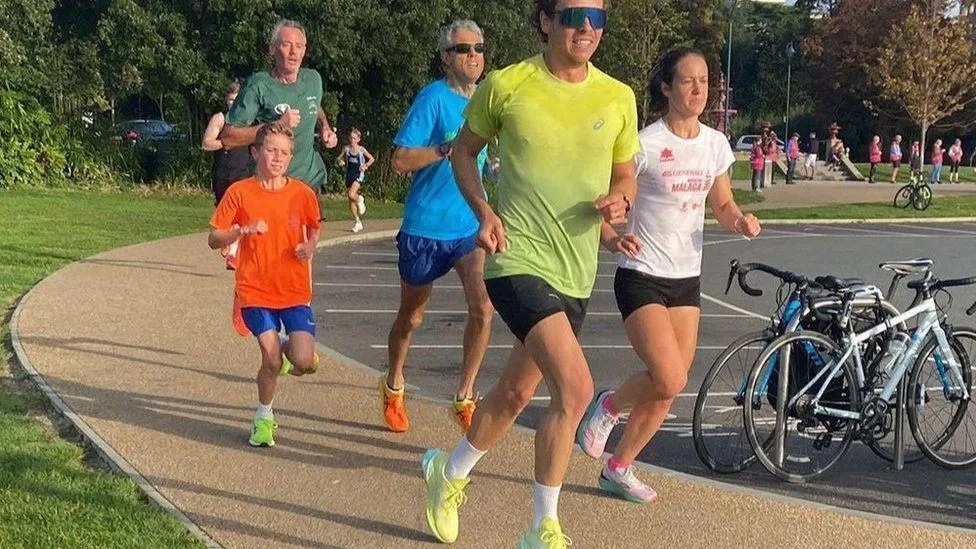
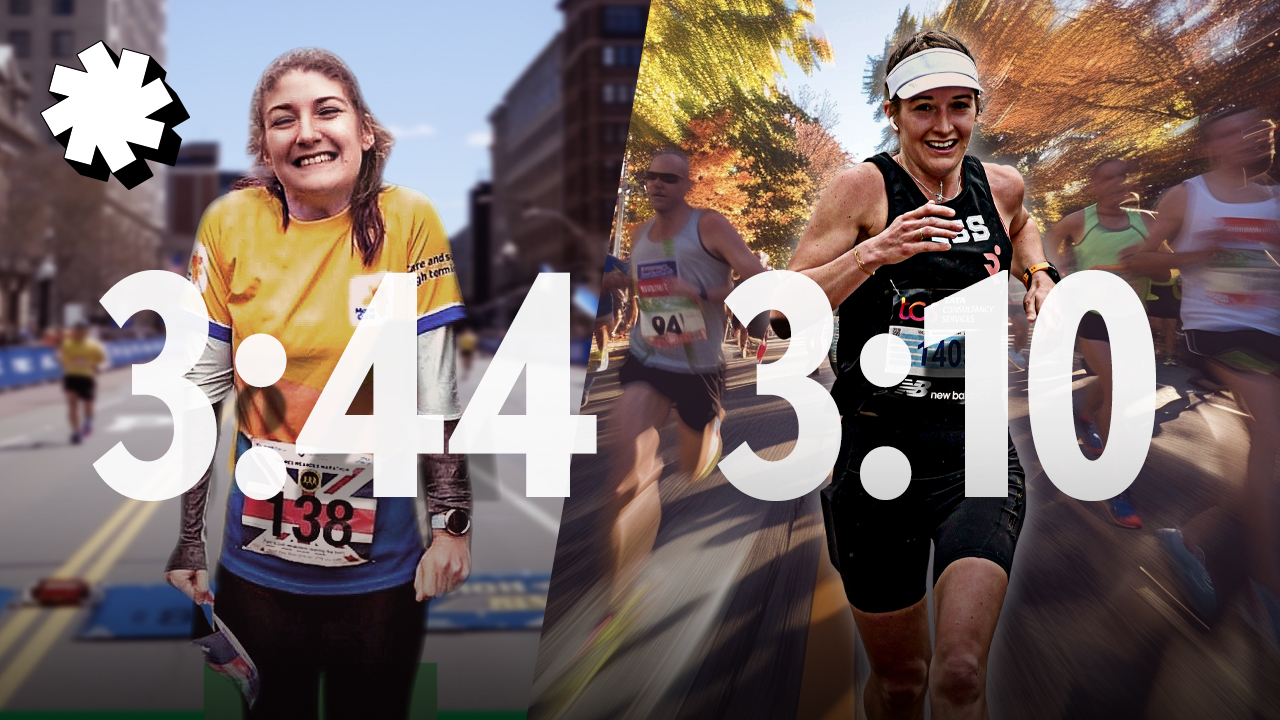

Running News
Paris 2024 Olympics Running Schedule
What Are Olympic Medals Actually Made From?
On Cloudboom Strike LS Initial Thoughts